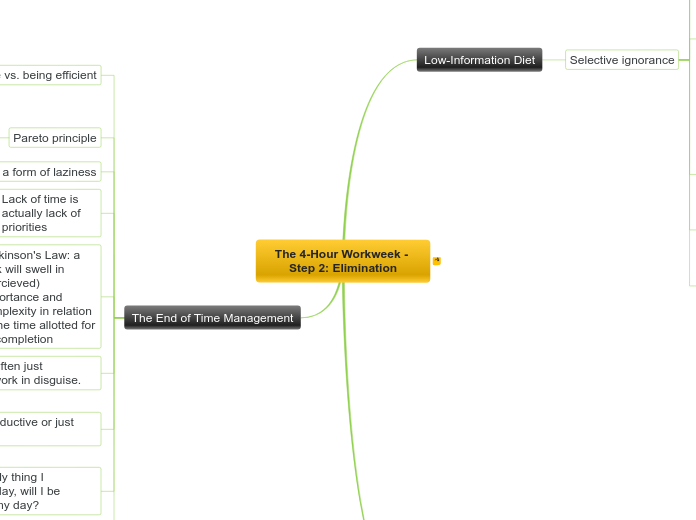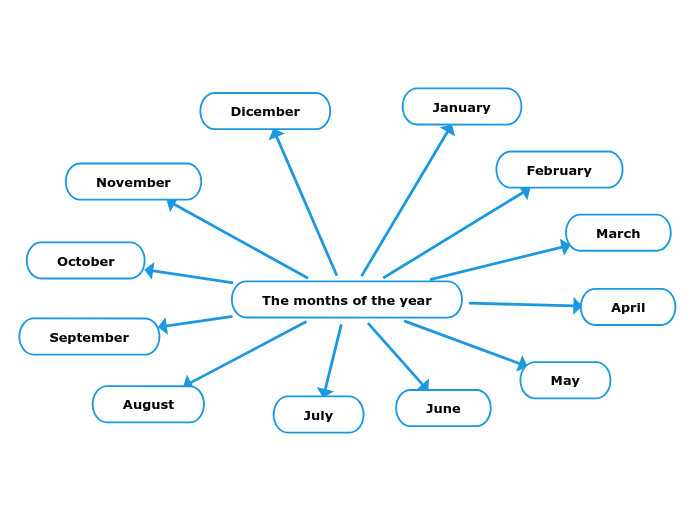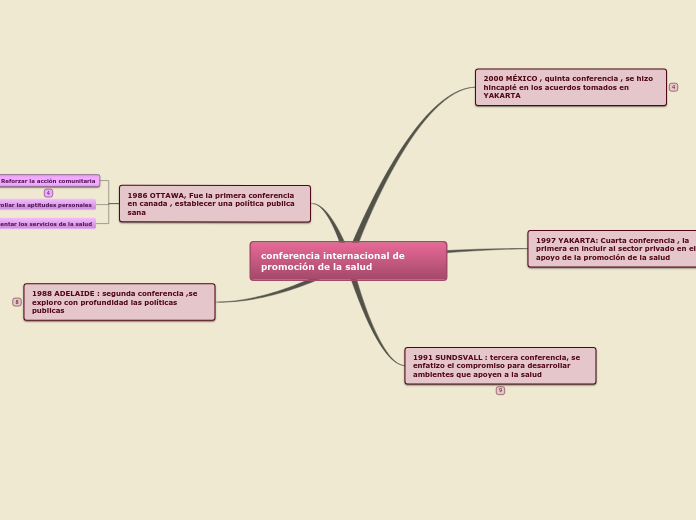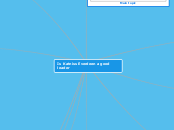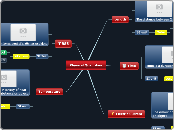The 4-Hour Workweek - Step 2: Elimination
The End of Time Management
Do not multitask
"task creep": doing more to feel productive while actually accomplishing less.
If this is the only thing I accomplish today, will I be satisfied with my day?
Am I being productive or just active?
Am I inventing things to do to avoid the important?
Dedication is often just meaningless work in disguise.
Parkinson's Law: a task will swell in (percieved) importance and complexity in relation to the time allotted for its completion
Identify the few critical tasks that contribute most to income and schedule them with very short and clear deadlines.
Lack of time is actually lack of priorities
Being busy is a form of laziness
Pareto principle
80% of outputs come from 20% of inputs
Being effective vs. being efficient
Efficiency is still important, but it is useless unless applied to the right things.
The Art of Refusal
Not all evils are created equal
Empowerment failures
being unable to accomplish task without obtaining permission or information.
Time consumers
Batch activities to limit setup costs and provide more time for dreamline milestones.
Time wasters
Easiest to eliminate
Use the "Puppy Dog Close" (ie - "just this once"
Do not permit casual visitors to your cubicle
Define the end time of meetings
Meetings should only be held to make decisions
Respond to voicemail via email
Treat phone calls as urgent
Use two telephone numbers
Limit email consumption and production
Create systems to limit your availability via email and phone and deflect inappropriate contact.
Low-Information Diet
Selective ignorance
The art of nonfinishing
Starting something does not automatically justify finishing it.
"Will I definitely need this information for something immediate and important?"
Replace information gathering (reading, news, etc) with talking to the people in your life
To learn something new:
Use what you read to draft intelligent questions for experts in that field
Read only the parts relevant to immediate next steps
Select one book about the topic by someone who already did what you want to do.
Read one hour of fiction before bed
Ask people "what's new in the world?"
Increased output requires decreased input
